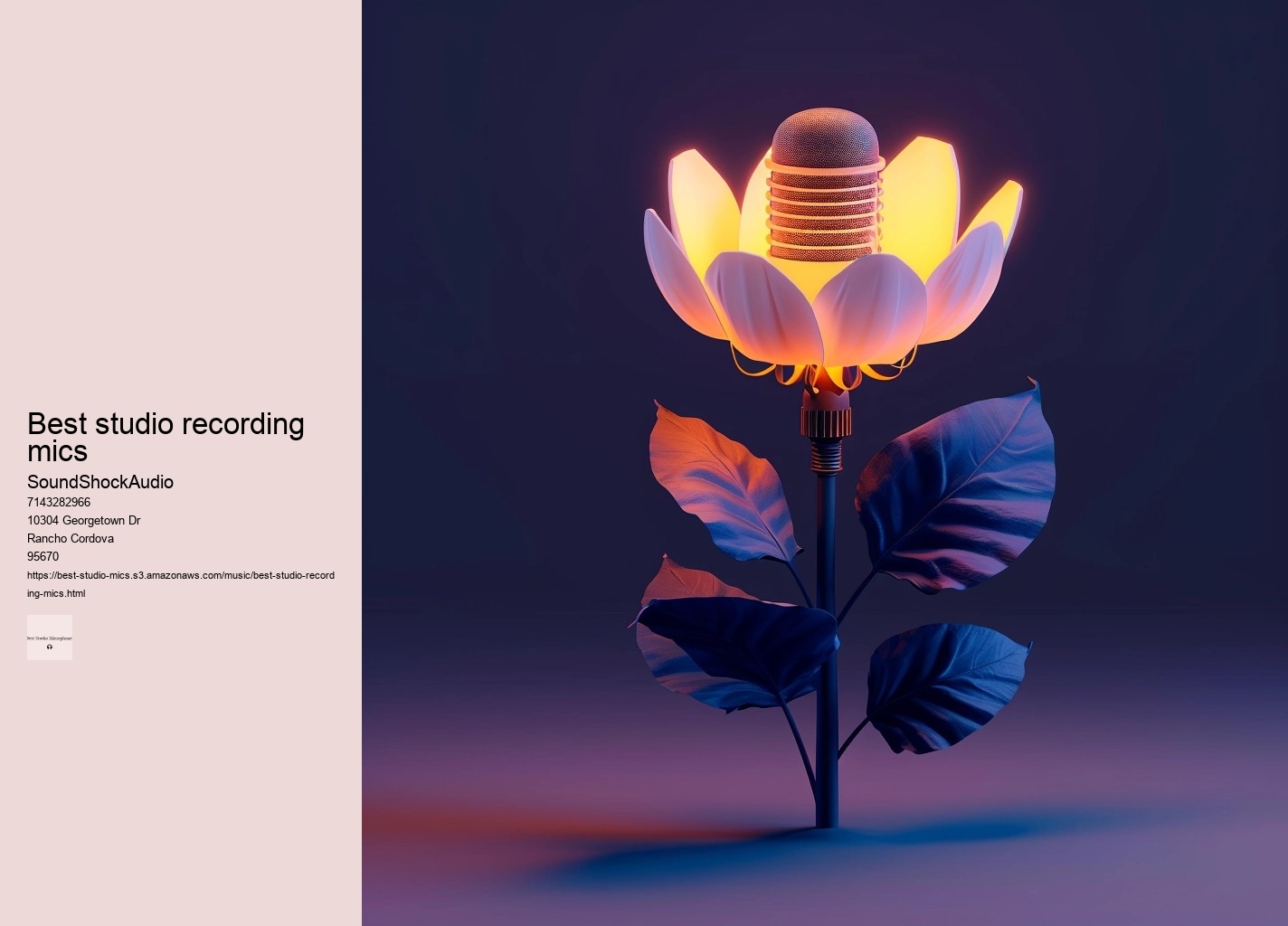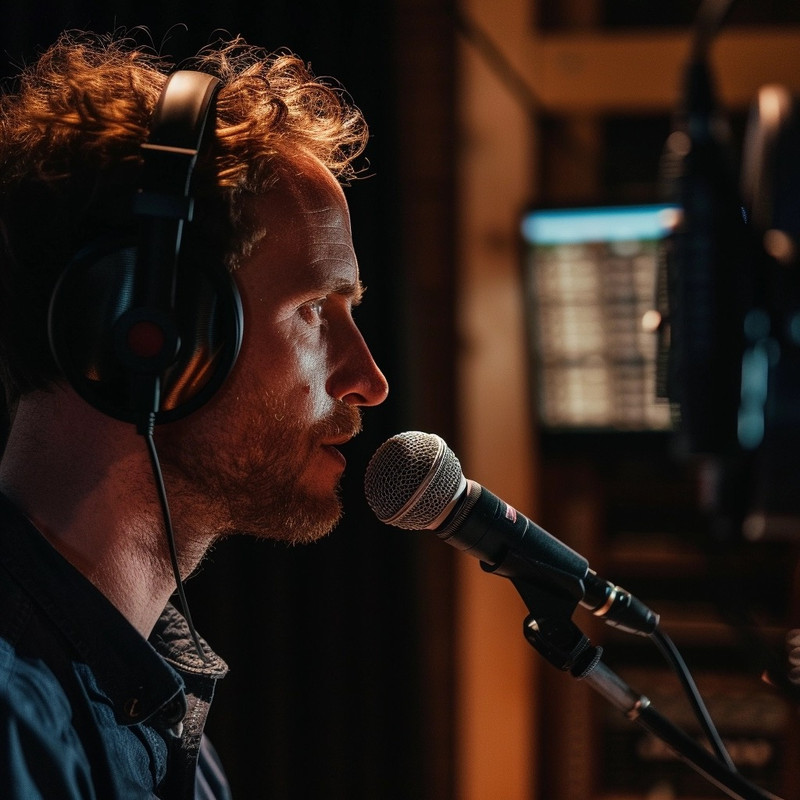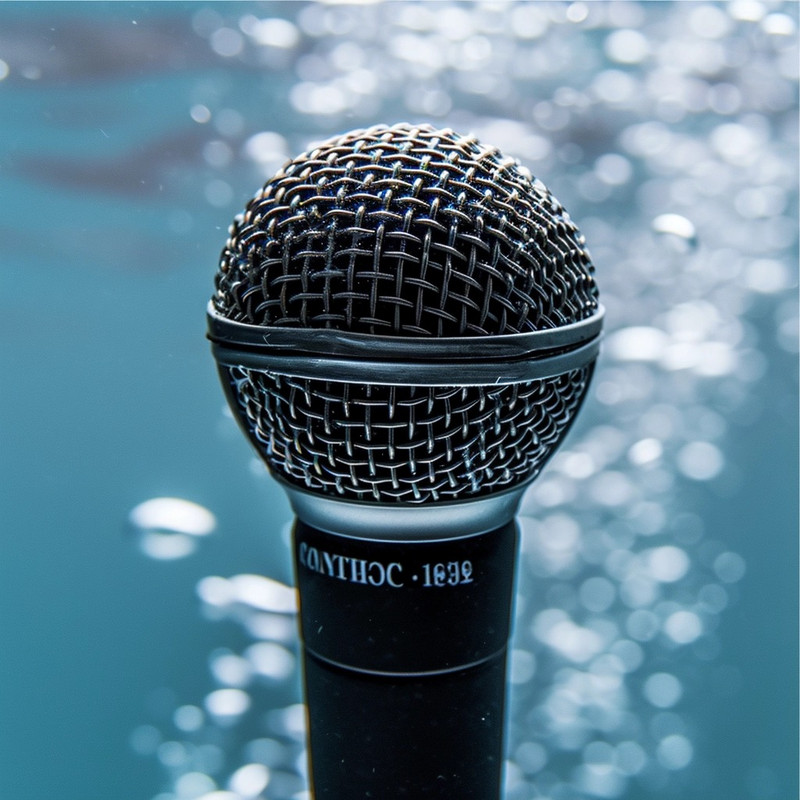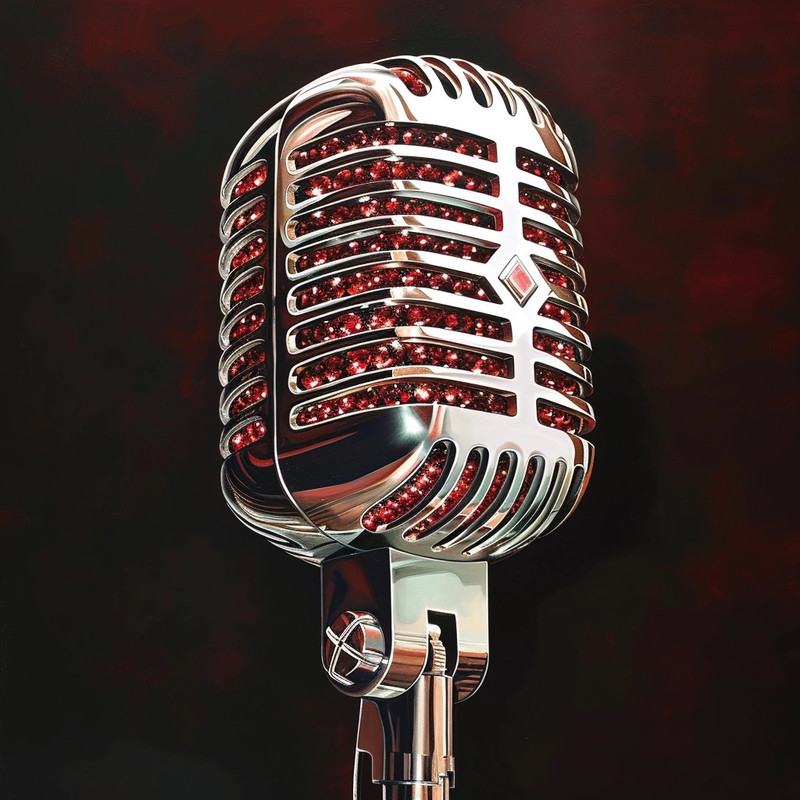

To summarize this nuanced decision: achieving professional-level audio requires meticulous microphone selection—one that considers application specificity, pattern directionality, diaphragm size—and sometimes prioritizes long-term artistic investment over immediate cost-saving. Cardioids excel in isolating sounds from one direction but beware of rear lobe sensitivity in supercardioids that may catch unwanted reflections. It represents a commitment to craft; it’s understanding that exceptional sound is non-negotiable and that your audience deserves the auditory equivalent of HD vision.
Renowned for its detail and warmth across various recording applications—from voice-over work to orchestral ensembles—this microphone embodies an unparalleled commitment to audio fidelity. To find out which microphone to buy, check out the best studio microphones on SoundShockAudio.. This bundle includes everything you need to start.
It ensures that bass tones are rich and deep while trebles remain crisp and shimmering without artificial coloration or distortion. This microphone has a smart knob that allows you to monitor and adjust the voice levels in real time.
The PGA27 is the perfect choice for vocalists who have a delicate tone - imagine Billie Eilish. Mics with an omnidirectional pattern can pick up sound from any direction.
You'll also need a microphone that can record the performance. However, their significance extends beyond mere conversion. They can be attached to equipment such as amps or sound mixers.
It captures the essence of voice or instrument, transforming air vibrations into electrical signals that can be sculpted into auditory art. This is not the case with this one.
Many people plug their instruments directly into their laptops. Advice on buying7.
How will you connect your microphone with your recording equipment? To discover this gem within a sea of options requires patience, research, and sometimes even a bit of trial-and-error experimentation. Listen to the drum kits recorded in professional studios over the past 50 years.
The best of the best2. This could be useful when setting up multi-miked kits.
It can be used on almost anything but is particularly effective on overheads and kicks. Omnidirectional microphones capture everything around them equally well.
Understanding your recording environment and budget is also important. This mic can be used in conjunction with the SM57 to create a classic 2-mic setup.


When people listen to the tracks, they will feel like you are singing just for them. The journey to discover this sonic grail is nuanced; it leads us through a labyrinth of types, each with its unique characteristics that can elevate your sound. It's through this nuanced understanding that one uncovers pristine audio worthy of professional acclaim.- Best practices for positioning microphones relative to the sound sourceCapturing studio-quality sound is both an art and a science, hinging on the perfect marriage of equipment and technique.
For rich vocals or narration, snuggling up close with a cardioid pattern mic can bring warmth and presence. In conclusion, while no single microphone can claim supremacy across all recording situations, ribbon microphones stand out as timeless tools equipped with modern resilience.
The mic also features three mesh lattices which reduce wind noise or breathing noise. At its core, a preamplifier's mission seems straightforward: boost microscopic whispers captured by microphones into robust torrents that recording equipment can handle with grace.
A preamp will ensure you get the best quality. They are perfect for situations where you want to record two sources simultaneously or take advantage of the microphone's null points to reject side noises intentionally.
Cardioid mics are great at isolating the source sound while minimizing background noise—which is ideal for untreated room environments—whereas omni-directional mics capture everything around them, offering a more natural ambient experience if desired. This unidirectional friend is ideal for podcasters and vocalists who seek to isolate their timbre from the bustling world around them. In conclusion, when pondering how best to elevate your recordings to professional heights, remember that microphones yearn for worthy partners in preamps and audio interfaces.
This makes it a highly versatile, high-value mic that will work for a wide range of applications. The transformerless FET is a great way to eliminate low-frequency distortions from recordings.
In conclusion, each microphone brings forth a unique set of features tailored to specific recording demands—be it voiceover work requiring minimal ambient intrusion or multi-instrumental arrangements demanding spatial accuracy. This guide will explain the differences between the various recording microphones and give you an idea of the ones that are most suitable for which applications.
Or, to put it another way, the awful reflections which haunt rooms that have not been treated - like your own home studio – will not interfere with your recordings. It's a tenth the price of the Telefunken C12, which retails for about $9,000.

A microphone isn't just a tool; it's the heart of this sonic adventure, and choosing the right one is paramount. There's also no high-frequency hyping or brittleness, which plagues microphones of this type. The 20 dB noise level is perfect for recording in a home studio.
Knowledgeable use of these varied tools enables creators to achieve professional-grade recordings that truly resonate with listeners.- Discussion of polar patterns (cardioid, omnidirectional, figure-8) and their impact on sound captureWhen embarking on the quest to capture studio-quality sound, it's essential to understand the role that microphone polar patterns play in shaping the audio experience. AKG, like Sennheiser, has managed to release a classic as well as a modern reimagining of the most popular dynamic drum microphone of all time.
In selecting the quintessential studio microphone that elevates recordings to professional echelons, it is not merely about choosing the most expensive or technically advanced option but rather finding the right tool that harmonizes with one's unique sonic vision—a microphone that captures every nuance with clarity and transforms raw sound into auditory artistry. Yet they also hold a valuable place in studio settings, particularly when recording instruments or vocals that require a warm, rich texture.
Here are the top 10 microphones to record vocals. This mic does not have noise cancellation.
The Audio-Technica AT4050 also garners admiration for its transparent response and high SPL handling capabilities. neumann u87 List of famous recording artist who never used 12-style microphones is probably shorter than list of those that have. You'd be correct if you thought, "Hold on, doesn’t Telefunken make a C12 Reissue?"
He is a video production expert with more than 15 years experience in podcasting. Dynamic microphones offer robustness and reliability but may not possess the same level of detail as condensers.
Here, dynamic microphones like the Shure SM7B reign supreme. To combat this, microphones often incorporate pop filters or have internal windscreen mechanisms designed to disperse the air pressure away from the sensitive components.
What microphones should you have in your home studio? As you delve deeper into this auditory adventure, document your discoveries meticulously—what worked brilliantly for one session may serve as a starting point in another scenario.
Kanye West has been known to use a variety of microphones throughout his career, but one of the most notable is the Sony C800G, a high-end tube condenser microphone famous for its use in professional recording studios. Additionally, he has also been spotted using the Neumann U87, another industry-standard microphone known for its versatility and exceptional sound quality. These microphones are favored for their ability to capture the clarity and nuances of vocal performances.
Determining the "best" studio microphone in the world is subjective and depends on the specific needs and preferences of the user, including the type of recording, budget, and desired sound characteristics. However, the Neumann U87 is often cited as one of the most iconic and versatile studio microphones, renowned for its warm sound and precision in capturing vocals and a wide range of instruments.
Johnny Cash, throughout his career, used a variety of microphones, but he is most famously associated with the Shure SM58, a staple for live performances due to its durability and sound quality. Additionally, for studio recordings, he often used the Neumann U47, known for its warmth and clarity, which suited his deep, resonant voice perfectly.
Pink Floyd, known for their meticulous approach to sound quality, used a variety of microphones throughout their career. For vocals, they often relied on the Neumann U47 and U87, which are renowned for their warmth and clarity. For instruments, they utilized a range of mics, including the AKG C12 and Shure SM57, to capture the intricate details of their music.
Eddie Van Halen, known for his innovative guitar playing, didn't primarily focus on microphones as his main instrument was the guitar. However, for vocals and certain studio applications, he and his band Van Halen would have used a variety of high-quality microphones typical of professional recording studios, such as Shure SM57s for instruments and possibly Neumann or AKG microphones for vocals. The specific mic choice would often depend on the desired sound and the recording engineer's preference.